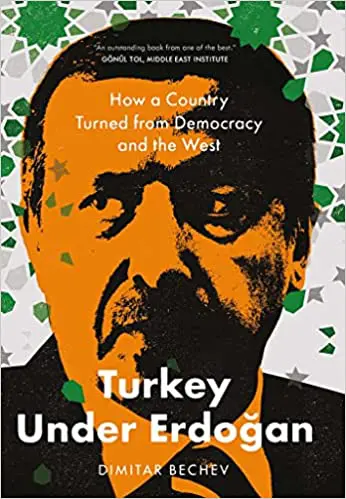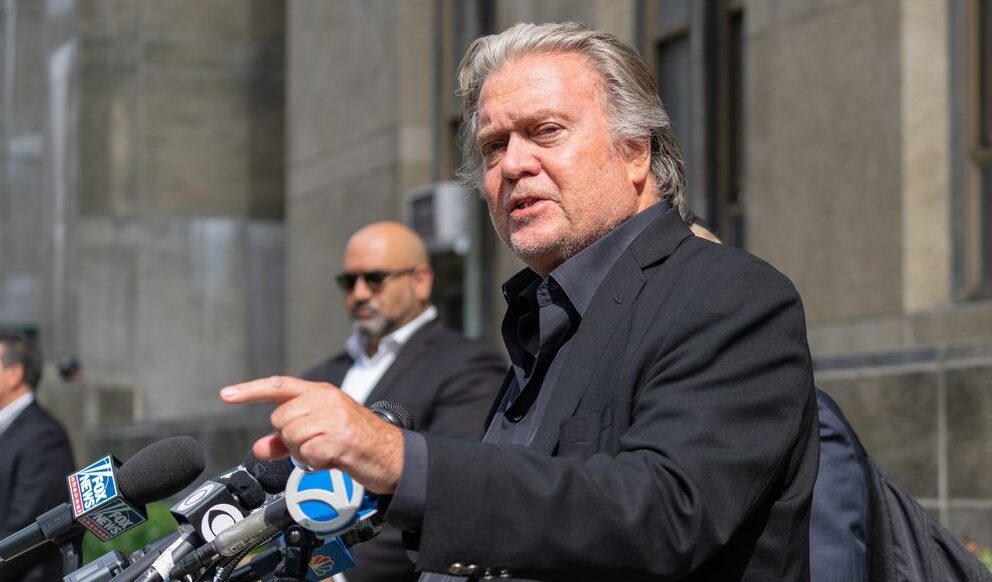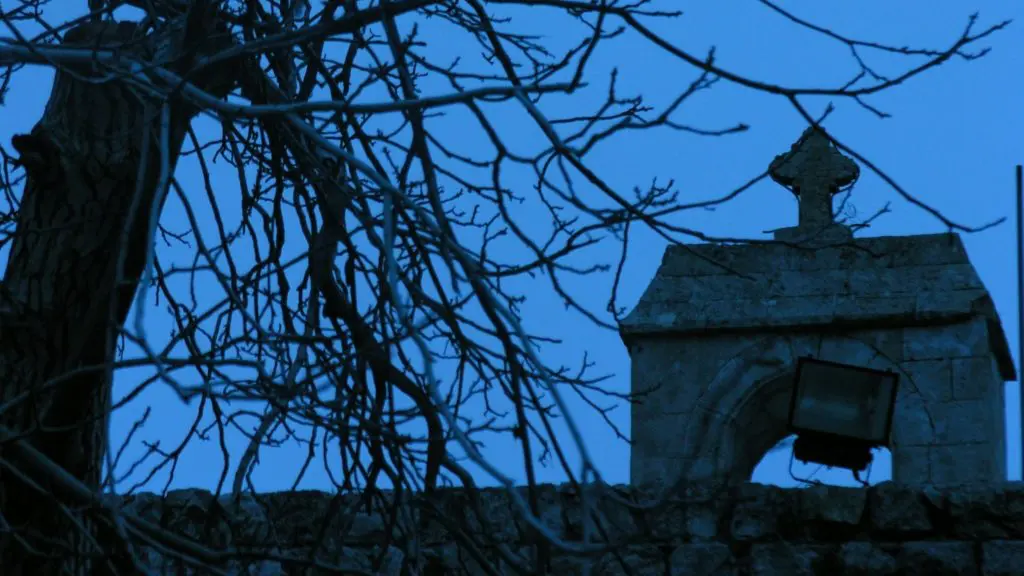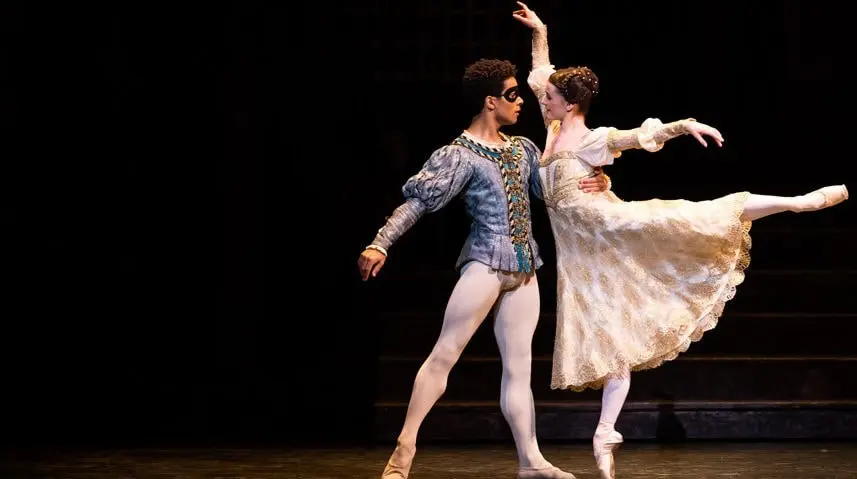Turkey is the only place where I have spoken to someone who genuinely feared for her life. I first visited Turkey in 2008 but have since visited frequently. At the time of my first visit Racep Erdoğan was already Prime Minister, and things changed markedly by the time I returned in 2012. Over dinner in Istanbul with a view of the Sea of Marmara on one side and the Hagia Sophia and the Blue Mosque as a backdrop, my friend told me she was fleeing Turkey.
When I first visited, she was Dean of a major faculty in a prestigious university. Assigned a personal driver and the privilege of a blue flashing light on the car to negotiate the traffic between meetings, she was an influential figure in Turkish academia. But she had been a staunch Atatürkist, a public supporter of the Republican People’s Party established by Mustafa Kemal Atatürk. The party has been in opposition since the late 1970s but, nevertheless, was influential in senior university appointments and was largely supported by the educated middle classes. Despite not holding power, its founder was held in high esteem across the political spectrum and deference shown by singing the national anthem, with his image projected, prior to conferences. Indeed, Atatürk’s image dominated every office and meeting room.
But the old order, established in 1923 by Atatürk, was changing. Erdoğan and his political associates were strategically replacing loyal adherents to the theories and doctrines of Atatürk with people made more in their own image. These were members of the AKP (the Justice and Development Party), who were stronger on development than on justice. Moreover, they were Islamist, something that had been carefully held at bay (and for good reason) by the Atatürkist separation of religion from the state (laicism). Outward expression of religion by public institutions had even been forbidden. Thus, for example, females were not permitted to wear headscarves in schools and universities.
When I visited in 2012, my friend had been removed from her post and was no longer employed by her former university. She fled Turkey and found employment elsewhere. Within two years Erdoğan had been elected President of Turkey.
Since that visit, the gradual outward transformation of Turkey has been obvious. Headscarves became more common, and now it is not unusual to see women in full Islamic dress, including the face covering niqab. They are evident in the streets and in the universities. Portraits of Atatürk are still common, especially in universities in the Aegean Region (which has always been a stronghold of Atatürkism), but they are less so in Istanbul. Of course, Atatürk has not been abolished—or ‘cancelled’ in modern parlance—as this would be a step too far. The new international airport in Istanbul has even been named after him. He has been accommodated, and even Ergdoğan is not averse to referring—if not deferring—to him. But this must be seen in the context of, for example, the Hagia Sophia being returned to the status of a functioning mosque. Once a shining example of Christian-Islamic inter-religious cooperation, with vestiges of both Islam and Christianity visible when it was a museum, but it is now solely a mosque, and the Christian images and icons have been obscured.
I take my title for this review from a phrase by Dimitar Bechev near the end of his recent book, Turkey Under Erdoğan. Much of what has been achieved under Erdoğan can be seen in the relative increase of Turkey’s influence over the world. Atatürk ended Ottoman rule, which had seen Turkey become the centre of a vast European and Arabic empire. That empire eventually crumbled around the Ottomans, also beginning to disintegrate internally as the Ottomans lost their vision and moral leadership within Turkey. Enter the Young Turks and then Kemal Atatürk to finish the job of ending the Ottoman empire and establishing the republic. The reign of Atatürk sought to establish good relations with advanced Western countries and to transform Turkey into a modern country socially and economically. Hegemony was limited and certainly did not extend far beyond the borders of Turkey. However, Erdoğan and the AKP have sought, if not territorial hegemony, then political hegemony by creating a ‘string of pearls’ of influence in countries in their vicinity and, especially, in the Arab world, a world that was, of course, once under Ottoman rule.
To attempt to understand modern Turkish politics requires one operates under an uncertainty principle. Heisenberg’s uncertainty principle explains how it is possible to know either the position or the momentum of a sub-atomic particle, but not both. Likewise, it is possible to see either the change that is taking place in Turkey or what has taken place, but not both. In fact, anyone who claims to understand Turkish politics is not telling the truth; even Turkish people have difficulty explaining it. For that reason, it must have been very hard to write this book, and it has been written in the only way it could have been: chronologically and in detail. In that light, the author is to be congratulated for making this both an informative and an enjoyable read in a relatively short space.
Erdoğan comes across as a somewhat obscure character. My impression is that his most obvious feature is capriciousness, which is exaggerated by his ability, seemingly, to be found at some time or another on both sides of a situation. Syria is a perfect example. From being very close to Syrian president Assad, since the civil war in Syria, Turkey has supported Syrian dissidents, taken an influx of thousands of Syrian refugees, and made many incursions into Syrian territory across the Syrian-Turkish border. The AKP is Islamist, yet they have acted militarily against extreme elements of Islamic insurgency within Syria. Relations with Russia, particularly with its president Vladimir Putin, have been both cordial and cold, to say the least.
The geographical position of Turkey, a member of NATO, is very strategically valuable. Theoretically, it could blockade the countries of the Black Sea—including Russia—by plugging the narrow entrance, the Bosphorus, which separates the European and the Asian sides of Istanbul and Turkey, and which is under Turkish control. But they have not made use of this opportunity, and this may have had a profound impact on the Russian Navy in the conflict with Ukraine. Instead, Erdoğan tries to portray himself on the world stage as an honest broker between Russia and Ukraine, both slightly too close for comfort, presumably in the hope of increasing his popularity and influence both at home and abroad.
Turkey has long had ambitions to be part of the European Union. Erdoğan has sought to accomplish this and has taken great offence on behalf of his nation when Turkish approaches to Brussels are rebuffed. Turkey has significant agreements over trade and important tourism links with Europe. In hopes of preparation for entry into the European Union, they abolished the death penalty in 2004 (although no executions had taken place since 1984) but to no avail. One sticking point for the European Union is Turkey’s insistence on maintaining a universal visa system for entry which would have applied to European Union visitors. Europe insists on visa-free travel. However, the Turkish visa system is a well-known source of foreign income for Turkey. The system, now exclusively online, is costly and without checks and balances. You apply and the visa is issued immediately. Until 2018 all that was required was to hand over either ten pounds sterling or ten United States dollars (Turkish lira were not accepted) at an airport kiosk and your adhesive backed visa was issued to you to insert yourself into your passport. No personal information was requested, and no records were kept. Erdoğan will not budge, and neither will Europe.
I am quite certain from reading this book, that Erdoğan is not a likeable character. I refer to his capricious above. Despite his charisma with voters, he comes across as aloof and authoritarian with those nearest to him. Ministerial and public appointments are made on the basis of personal loyalty and adherence to his ideas rather than ability. His government is ruthless in its treatment of dissidents. Liberal authors such as Orhan Pamuk and Elif Shafak have both stood trial with the prospect of imprisonment. Shafak lives in the United Kingdom; Pamuk continues to live in his beloved Istanbul but in an undisclosed location and under constant armed guard lest some AKP zealots decide to take the law into their own hands (or directed, as many suspect they may be, by Erdoğan himself). Others are not so lucky, and many have languished, some continuing to do so, in Turkish prisons.
Erdoğan’s legacy, so far, is certainly one of progress on some fronts such as increasing the profile of Turkey internationally. If you visit Turkey, despite some of the changes taking place, it continues to be a relatively liberal society. The Hagia Sophia may be a mosque, but other religions thrive there without impediment. Nevertheless, Erdoğan is presiding over a currency, the Turkish lira, which is plunging in value on the international markets and an inflation rate that recently reached 80%. He refuses to raise interest rates and removes central bankers who urge some monetary control.
Bechev summarises Erdoğan’s legacy very well. The book is very readable and it has sufficient detail in the text supported by copious notes to which the expert may refer for further detail of incidents and policies during Erdoğan’s time in office. Nevertheless, these do not get in the way of the more casual reader who may wish to skip them and gain a quick oversight of the most recent period in Turkish history. Due to his aloofness and inscrutability even to those close to him, his motives remain unclear and the book is unable to throw much light on these. He either has the best of intentions for Turkey or is simply a person in love with power. The fact that he has altered the presidential voting system and extended his term of office in the process suggest the latter.
Turkey is no stranger to military coups; there are five on record between 1960 and 1997. Erdoğan had to deal with his own military uprising in 2016 when middle ranking officers seized the main bridge over the Bosphorus. Largely, the coup was botched, but it led to the death of hundreds of civilians. One imagines Erdoğan has taken steps—death penalty or no death penalty—to ensure that it does not happen again.
Understanding modern Turkey is difficult without understanding its founder Kemal Atatürk and reading the reflections of others who have been closely associated with Turkey since the founding of the modern republic in 1923. Towards that end I strongly recommend the interested reader to turn to the full and detailed biography Atatürk by Andrew Mango and a recent set of reflections by American journalist Suzy Hansen in Notes on a Foreign Country. Turkey remains a beautiful and fascinating country. Nevertheless, considering its present situation, it is hard to see where all this will end.






